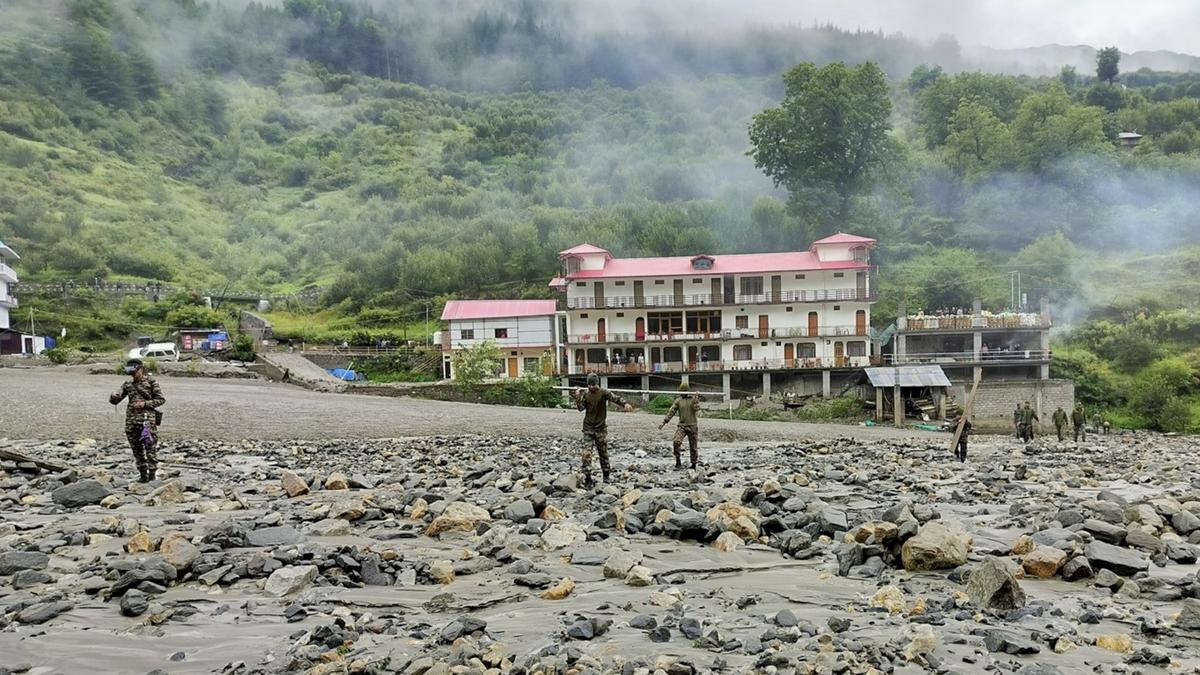Last week, a special National Investigation Agency (NIA) court acquitted all the seven accused, including BJP MP Sadhvi Pragya Singh Thakur, in the 2008 Malegaon blasts case. Six people were killed and 95 injured in the bombing that had struck the Muslim-majority town in Maharashtra.
The case, which was investigated by two different agencies, triggered accusations of ‘saffron terror’. All the accused were charged by the Maharashtra Anti Terrorism Squad (ATS) in 2008 of being ‘Hindutva extremists’. The trial was controversial as Rohini Salian, the former special public prosecutor, had alleged in 2015 that the government had put pressure on her, through the NIA, to “go soft” on the accused.
The case was initially probed by ATS chief Hemant Karkare, who was gunned down by terrorists during the November 26, 2008, terror attack on Mumbai. Eventually, it was handed over to the NIA.
While acquitting the seven accused, the court pointed out several lapses in the investigation and criticised the NIA for presenting ‘inconclusive’, ‘unreliable’, and ‘legally inadmissible’ evidence. It said that there were procedural lapses in the invocation of stringent laws such as the Maharashtra Control of Organised Crime Act, 1999, and the Unlawful Activities (Prevention) Act, 1967. It added that the investigators had failed to link the motorcycle, allegedly used in the crime, to Ms. Thakur; that there were problems with witness statements; and that there was no proof that Lt Col Prasad Purohit (retired) or the right-wing outfit, Abhinav Bharat, was linked to the blast.
In the order, Special Judge A.K. Lahoti observed, “The testimony of prosecution witnesses is riddled with material inconsistencies and contradictions. Such discrepancies undermine the credibility of the prosecution’s case and fall short of establishing the guilt of the accused beyond reasonable doubt.” While he said that terrorism has no religion, the Special Judge also added that a court cannot convict someone based on mere perception.
Civil society members were critical of the verdict given the allegations that it was politically driven; and also since it came on the back of another verdict acquitting all the accused in another blast case.
On July 21, the Bombay High Court acquitted all the 12 accused in the 2006 serial bomb blasts case. Seven explosions had ripped through Mumbai’s local trains on the evening of July 11, 2006, killing 189 people and seriously injuring 824. The coordinated blasts had scarred the estimated 70 lakh people of Mumbai who use the local trains, often dubbed the city’s lifeline, every day. Many victims feared taking the local train again.
This case too was riddled with controversies. While the Maharashtra ATS, which had conducted the probe from the beginning, claimed that the attacks were the handiwork of the Lashkar-e-Taiba and the Students’ Islamic Movement of India, several other investigating agencies, including the NIA, claimed that the Indian Mujahideen had carried out the terror attacks.
While acquitting the 12 accused, the High Court laid bare the inconsistencies, loopholes, and lapses in the probe by the Maharashtra ATS. It asked how key witness statements were recorded after an unexplained delay of 100 days. It questioned the trustworthiness and credibility of witnesses, highlighted deep flaws in both the investigation as well as prosecution, and demanded to know why the circumstantial evidence, such as call detail records, which the investigators had relied on so much, was inconclusive. It pointed out that the witness statements were delayed and inconsistent; that there were procedural lapses and coercion allegations about the confessions retrieved; that there was no proof of actual explosives used; and that the chain of custody of the recoveries was broken. The High Court also rapped the trial court for the conviction order.
The judgments on two terror cases in India have left the victims, who have had to wait for nearly two decades for verdicts, without a sense of justice. The investigations raise serious questions about India’s criminal justice system and specifically about the accountability of investigating agencies. Who are the agencies answerable to, for their contradictory claims and shoddy procedures, which have allowed extremist organisations to get away with such terrible crimes in Maharashtra? And when — if at all they do — will the victims of these blasts get a sense of closure?



.png)
.png)
.png)
















 16 hours ago
5
16 hours ago
5







 English (US) ·
English (US) ·